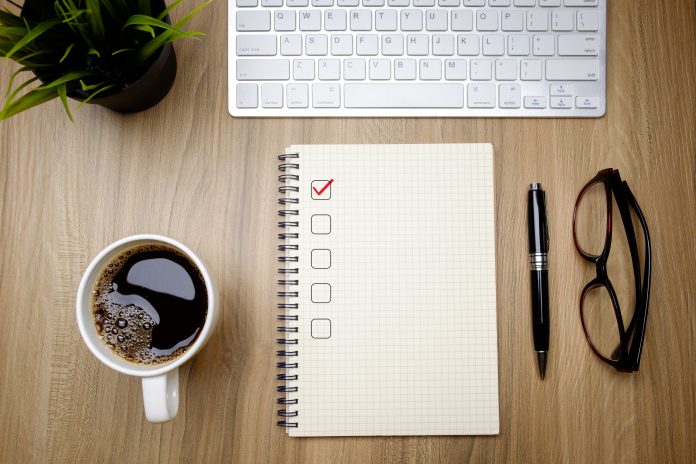Resilient Sydney is calling on Sydneysiders to Get Prepared as part of the Australian Red Cross Emergency Ready Week, asking them to review or create an emergency RediPlan.
Beck Dawson, Chief Resilience Officer of Resilient Sydney, a collaboration of Greater Sydney councils, says that as the area enters its 13th week of lockdown, Sydneysiders understand it’s important to know what to do when things go wrong.
“We can’t stop disasters from happening, but by being prepared we can reduce how much they affect us,” says Ms Dawson. “The last year has confirmed that being prepared and getting ready for emergencies is important for our communities. A little planning done now can strengthen our ability to survive, adapt and thrive no matter what comes our way.
“A recent survey by the Australian Red Cross revealed that almost 50% of Australians say their most important takeaway from the pandemic is the importance of being prepared.
“Knowing where to start can be a daunting process, which is why, during Emergency Ready Week, we are urging Sydneysiders to take some simple steps to get prepared.”
Five tips to get prepared
- Review the risks relevant to you
The risks faced by a family who live on the edge of a national park will be very different to those faced by someone living in an urban apartment block. While planning for potential problems, consider what may impact your immediate environment and any initial steps you can take to get prepared.
- Establish a network of support
Since the inception of Resilient Sydney in 2015, one key finding has been that a strong sense of community helped individuals cope more readily with change and disruption. A recent Australian Red Cross survey found most Australians say those bonds helped them though the pandemic. To establish a network of support, try to identify and write down the details of three key contacts who could help in a time of crisis.
- Create and share an emergency household plan
An emergency RediPlan for your household should identify all members of your household, including pets. It makes note of essential information, like ongoing medical issues or crucial identifiers which may be necessary in an emergency. It also lists important contact numbers for your household, for example gas and electricity companies.
- Download the Emergency Survival checklist and get your kit together.
The Emergency Survival Checklist provides you with a step-by-step list of necessary household items, like a first aid kit, lights and copies of important documents. Assembling your survival kit doesn’t have to be a chore. It can be turned into a fun family activity and any kids in the home can help.
- Download the Get Prepared app
If you do just one thing this week, download the Australian Red Cross Get Prepared app. It’s a free, one-stop tool to help you prepare for any type of emergency and will let you establish and save your network of support, review potential risks and create your emergency plans all in one place.







